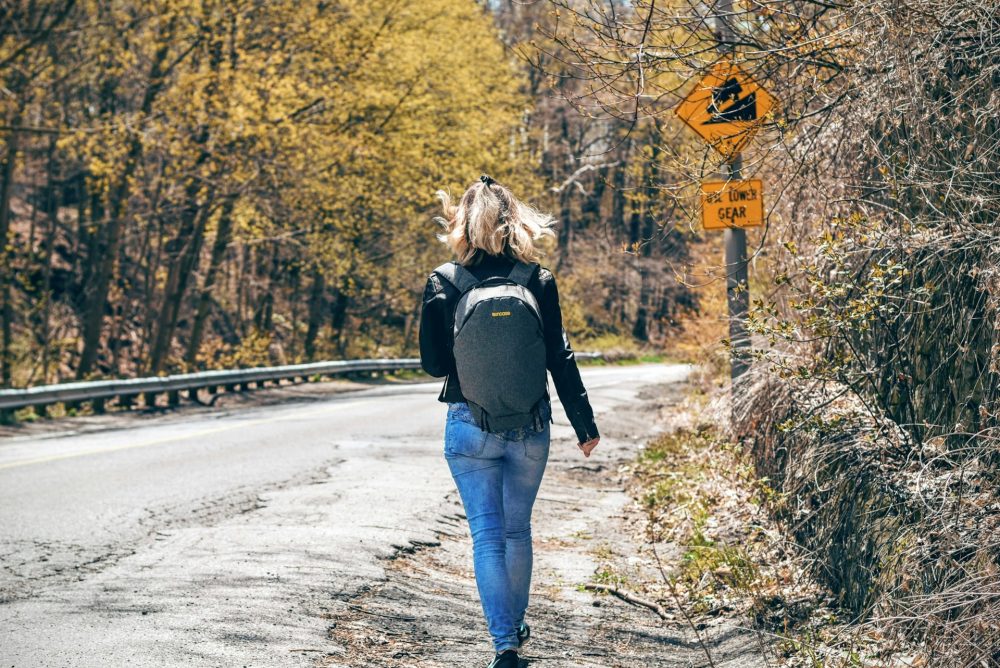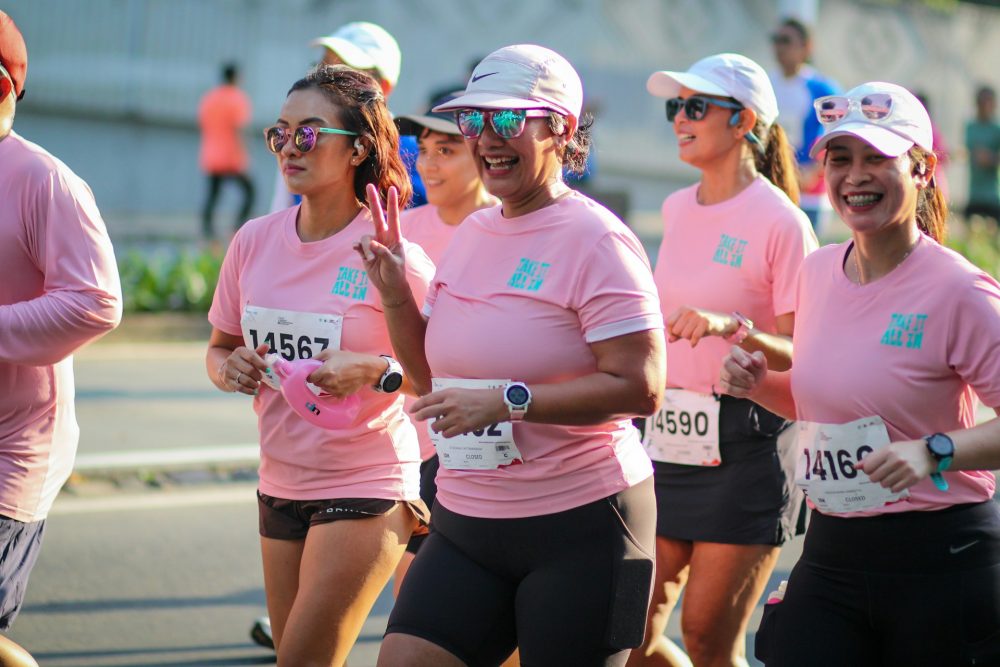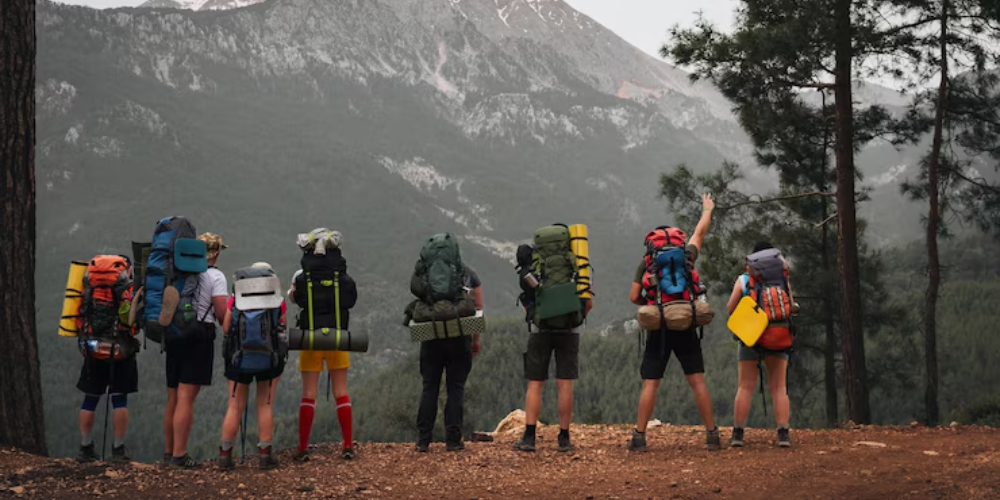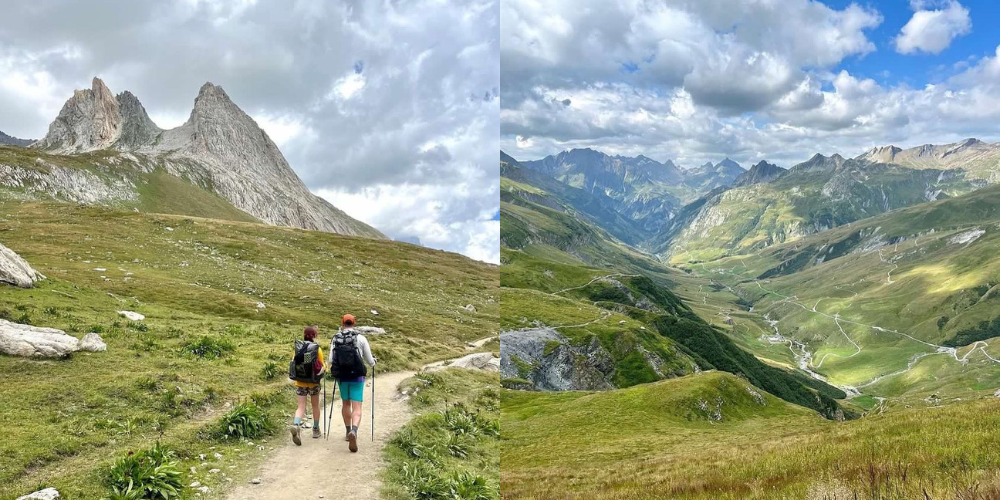Amber Bourke, a 34-year-old Australian, dances with the ocean's abyss, embodying the daring spirit of freediving. Picture this: she descends into the dark expanse, holding her breath, breaking through unseen boundaries. Bourke, a freediver, explores the ocean's depths, a mesmerizing journey that's both thrilling and perilous.
Discovering Freedom Underwater
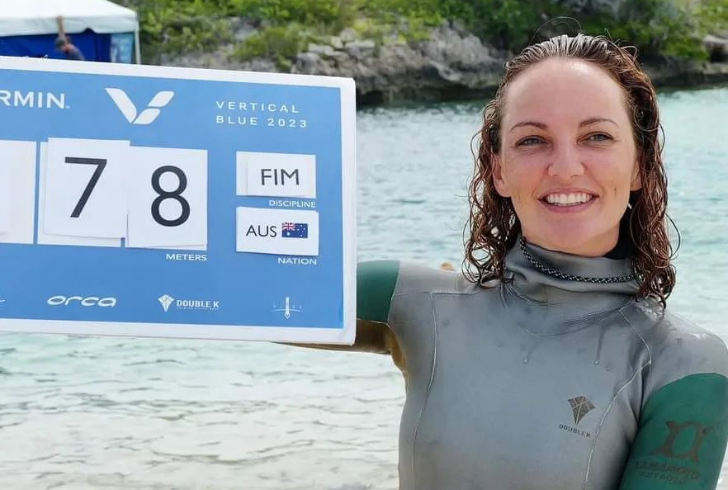
Instagram | amberofthesea | | Bourke's aquatic adventures began with snorkeling trips to the Great Barrier Reef.
Growing up in Brisbane, Australia, Bourke's aquatic adventures began with snorkeling trips to the Great Barrier Reef. But the real adventure began in Dahab, Egypt, on a solo trip in 2011. There, she discovered freediving at the famous Blue Hole. Bourke learned to equalize her ears and, on her second try, dived more than 60 feet. It felt amazing—being free underwater without needing to breathe with oxygen.
The Astonishing Feat: 266 Feet in One Breath
Fast forward to today, and Bourke has become Australia's deepest woman, setting a national record by reaching 81 meters (531 feet) in just two minutes and 40 seconds. Visualize this: her championship dive, detailed on TikTok, garnered over 4 million views. Bourke's posts have become a sensation, captivating more than 150,000 followers eager to explore the mysteries of freediving.
Myths and Realities of Freediving Risks
While the allure of freediving is undeniable, misconceptions abound regarding its safety. Bourke dispels the myths, emphasizing that in competitions with vigilant safety teams, the risks are minimized. However, she warns against solo freediving, likening it to playing Russian roulette with one's life. The primary risks include lung squeezes and blackouts, treatable if not severe but potentially fatal.
From Tragedy to Triumph: The Evolution of Freediving Safety
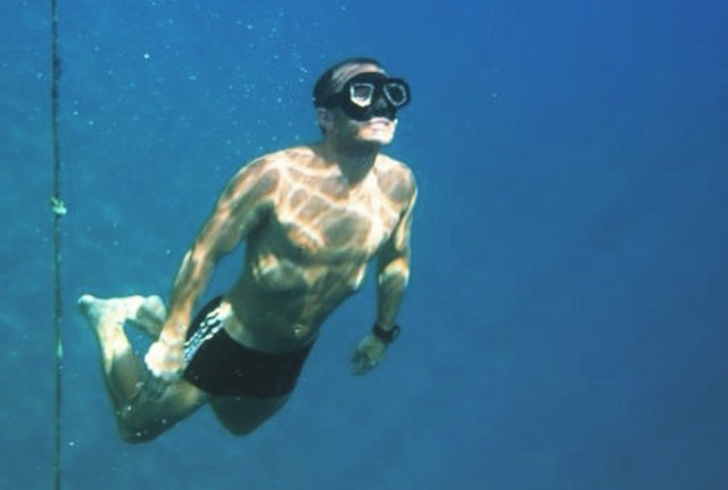
Instagram | steevekeenofreediver | Tragic events like the deaths of Stephen Keenan and Nicholas Mevoli serve as chilling reminders of the sport's unforgiving nature.
Tragedies have marred the sport, with notable incidents like the death of safety diver Stephen Keenan in 2017. Yet, safety measures have evolved. Leigh Baker, a respiratory therapist at Vertical Blue, attests to the sport's safety in competitions. Despite occasional incidents, she assures that safety teams closely monitor athletes, making it less perilous than perceived.
Doping Shadows: Battling the Dark Side of Freediving
Freediving confronts not only physical dangers but also challenges linked to doping scandals. In a bid for recognition, the sport faces the infiltration of performance-enhancing drugs. Three Croatian athletes were banned after substances were found in their luggage, raising concerns about the integrity of freediving. William Trubridge, a New Zealand freediving icon, condemns doping, considering it a threat to the purity of the sport.
Olympic Aspirations: A Journey Into the Mainstream
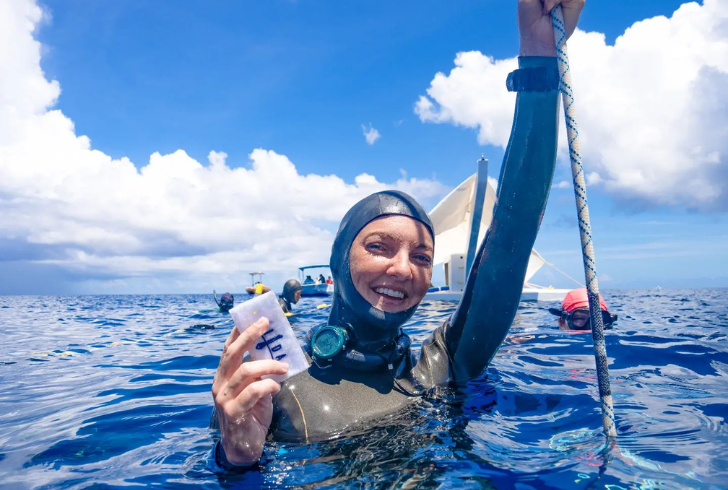
Instagram | amberofthesea | As freediving gains momentum, athletes like Bourke dream of Olympic recognition.
As freediving gains momentum, athletes like Bourke dream of Olympic recognition. Despite challenges, the sport captivates enthusiasts worldwide. Bourke envisions a future where freediving becomes an Olympic event, embracing the sport's uniqueness and pushing boundaries. The path may be unconventional, but as Bourke says, "It is kind of a crazy sport ... but I'm sure it's only a matter of time."
Into the Abyss: The Future of Freediving
In the pursuit of freediving records and global recognition, the sport navigates treacherous waters. Bourke's journey, from the mesmerizing depths of Dahab to breaking national records, showcases the indomitable spirit of freedivers. As the sport grapples with misconceptions, safety concerns, and doping shadows, it also propels itself toward mainstream acceptance.
The ocean's depths hold secrets and challenges, but for freedivers like Amber Bourke, each descent is a dance with the unknown—a journey fueled by passion, determination, and the pursuit of breathless depths. Whether freediving will find its place on the Olympic stage remains uncertain, but one thing is clear: the world is captivated by the enigmatic allure of those who dare to explore the abyss with just one breath.



